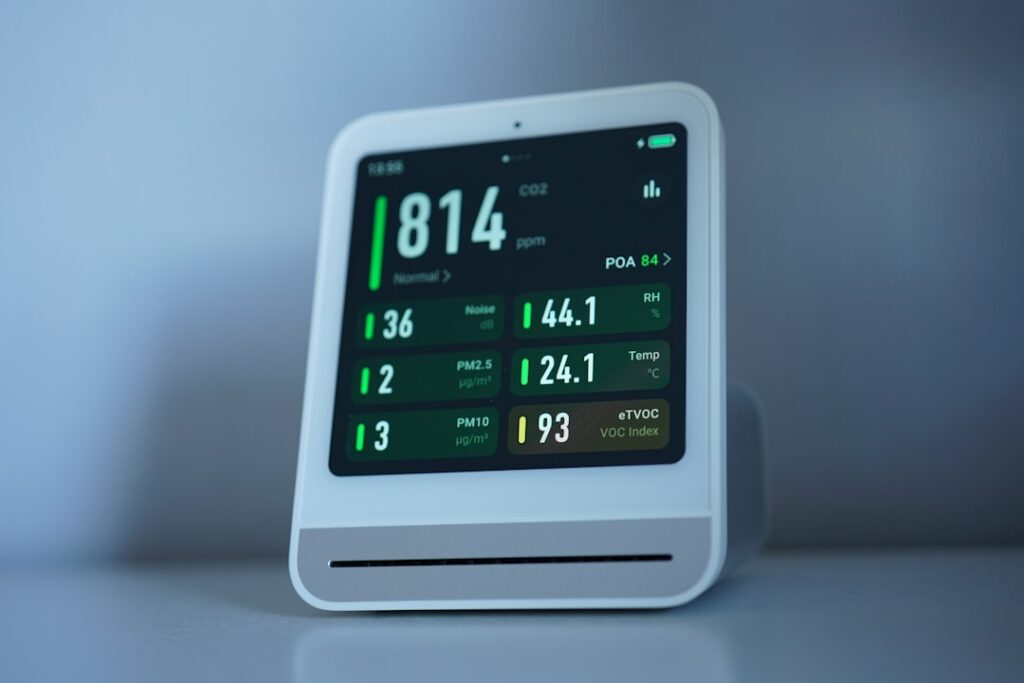AI Tools for HealthTech: Revolutionizing AI-Driven Health Monitoring
The emergence of AI-driven health monitoring technologies has transformed the healthcare landscape, providing innovative solutions that enhance patient care and streamline clinical practices. These tools not only offer real-time insights into patients’ health but also empower healthcare providers to make informed decisions. In this article, we will explore the role of AI tools in HealthTech, focusing on how they facilitate AI-driven health monitoring.
The Importance of AI-Driven Health Monitoring
AI-driven health monitoring is essential in today’s fast-paced medical environment. With the proliferation of wearable devices and health applications, patients can track their vital signs, activity levels, and overall wellness from the comfort of their homes. This shift leads to numerous benefits:
- Enhanced Data Collection: AI collects vast amounts of data, allowing for precise monitoring of health metrics.
- Early Detection: Advanced algorithms identify anomalies or trends early, leading to quicker intervention.
- Personalized Care: Customizable AI systems cater to individual patient needs, improving overall treatment outcomes.
Wearable Devices and Their Impact
Wearable devices have become a cornerstone of AI-driven health monitoring. These devices include smartwatches, fitness trackers, and specialized medical wearables that continuously measure vital signs, such as heart rate, oxygen levels, and even glucose levels.
Some leading examples of these devices are:
- Apple Watch: Equipped with ECG and blood oxygen sensors, it provides health alerts and tracking features.
- Fitbit: Tracks physical activity, sleep patterns, and heart rate to promote health insights.
- Continuous Glucose Monitors (CGMs): For diabetic patients, CGMs offer real-time blood glucose monitoring, helping manage conditions effectively.
AI Algorithms in Health Monitoring Platforms
AI-driven health monitoring relies on sophisticated algorithms that analyze data collected from various sources. These algorithms can predict potential health issues based on historical data, leading to preventative care strategies.
Predictive Analytics for Proactive Care
Predictive analytics uses machine learning to process and analyze patient data. This approach can:
- Identify High-Risk Patients: Algorithms can flag patients at risk of developing serious health conditions.
- Improve Resource Allocation: Hospitals can manage resources more effectively by predicting patient admissions based on historical trends.
Natural Language Processing (NLP) in HealthTech
NLP plays a significant role in interpreting unstructured data, such as electronic health records (EHRs) and patient notes. This technology enhances AI-driven health monitoring by:
- Automating Documentation: Reducing the administrative burden on healthcare providers.
- Facilitating Patient Interaction: Enabling more accurate responses to patient inquiries through chatbots and virtual assistants.
Challenges and Considerations in AI-Driven Health Monitoring
While AI tools present numerous advantages, several challenges must be addressed to ensure their effectiveness and patient safety:
- Data Privacy: Protecting patient data is crucial, requiring robust security measures.
- Algorithm Bias: Ensuring that AI algorithms are trained on diverse data sets to prevent skewed outcomes.
- Regulatory Compliance: Navigating complex regulations surrounding healthcare technology.
Conclusion
AI-driven health monitoring is redefining patient care by providing healthcare professionals with powerful tools to manage and monitor health remotely. As technology evolution continues, embracing AI in HealthTech can lead to improved health outcomes, more personalized care, and increased efficiency in healthcare processes. As we move forward, the focus should remain on addressing the challenges to harness the full potential of these innovative tools while keeping patient welfare at the forefront.
Advancements in AI-Driven Health Monitoring
The realm of AI-driven health monitoring has witnessed remarkable advancements that empower both patients and healthcare providers. With innovative algorithms and machine learning techniques, these tools can provide real-time insights into various health parameters. For instance, AI systems can analyze biometric data from wearables to detect early signs of potential health issues before they become critical. This proactive approach is transforming how monitoring is conducted, allowing for timely interventions that can significantly improve patient outcomes.
The Role of Wearable Technology
Wearable technology plays a pivotal role in the implementation of AI-driven health monitoring. Devices such as smartwatches and fitness trackers can continuously collect data regarding heart rates, sleep patterns, and physical activity levels. By leveraging AI, these devices can offer personalized feedback, suggest lifestyle changes, and alert users to any anomalies in their health metrics. The combination of AI analytics and wearable tech creates a robust system for maintaining health and wellness, making it easier for individuals to take charge of their health.
Integration with Telehealth Services
Another significant development in AI-driven health monitoring is its seamless integration with telehealth services. The pandemic has highlighted the importance of remote healthcare, and AI technologies complement this trend by enabling comprehensive virtual monitoring. Healthcare providers can utilize AI-driven insights gathered from patients’ devices to make informed decisions during telehealth consultations. This integration not only enhances the diagnostic process but also fosters a more collaborative patient-provider relationship, as data-driven discussions lead to more tailored treatment plans.
Future Prospects of AI in Healthcare
The future of AI-driven health monitoring looks promising, as ongoing research continues to develop more sophisticated models that promise even greater accuracy and efficiency. Emerging technologies, such as natural language processing and advanced data analytics, will further enhance the capabilities of AI systems in understanding complex health data. As AI becomes more entrenched in the healthcare ecosystem, it has the potential to revolutionize health monitoring, paving the way for smarter, more personalized healthcare solutions that address each individual’s unique needs.


